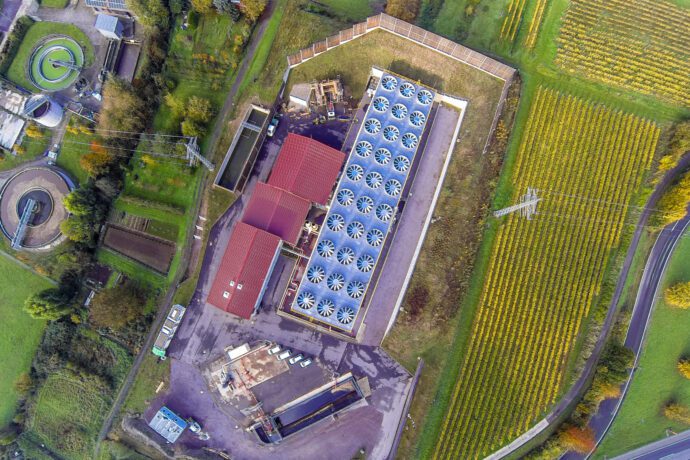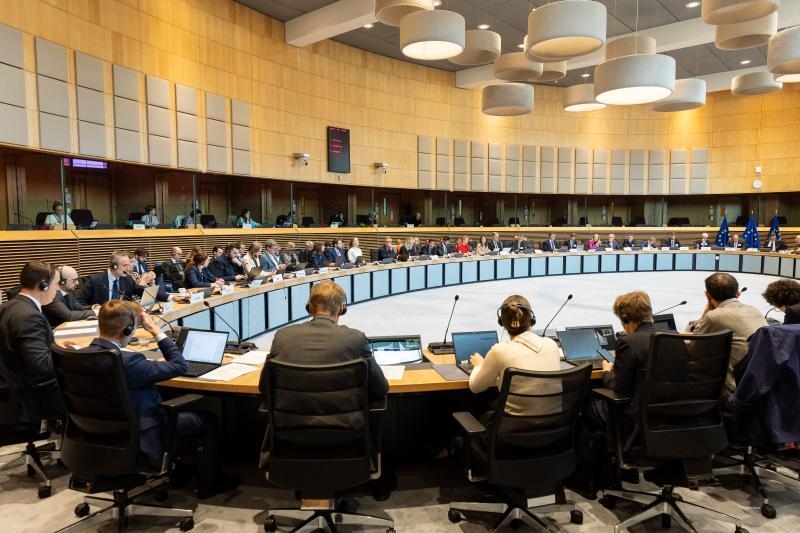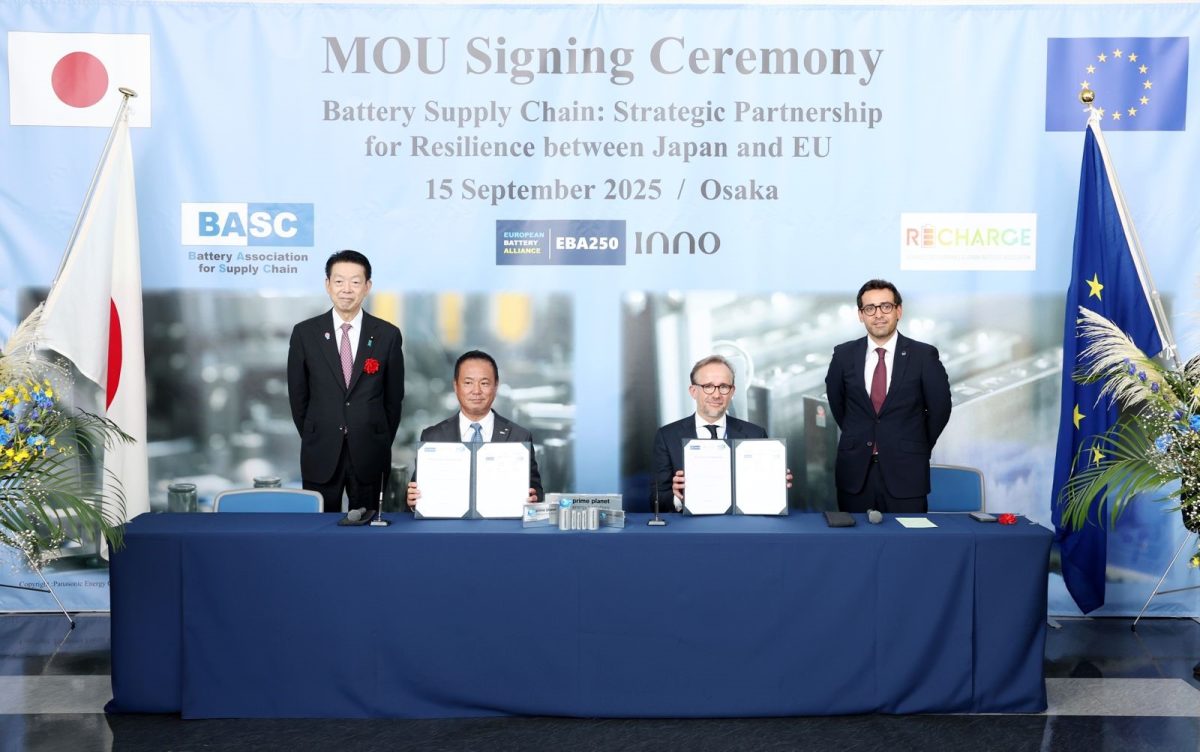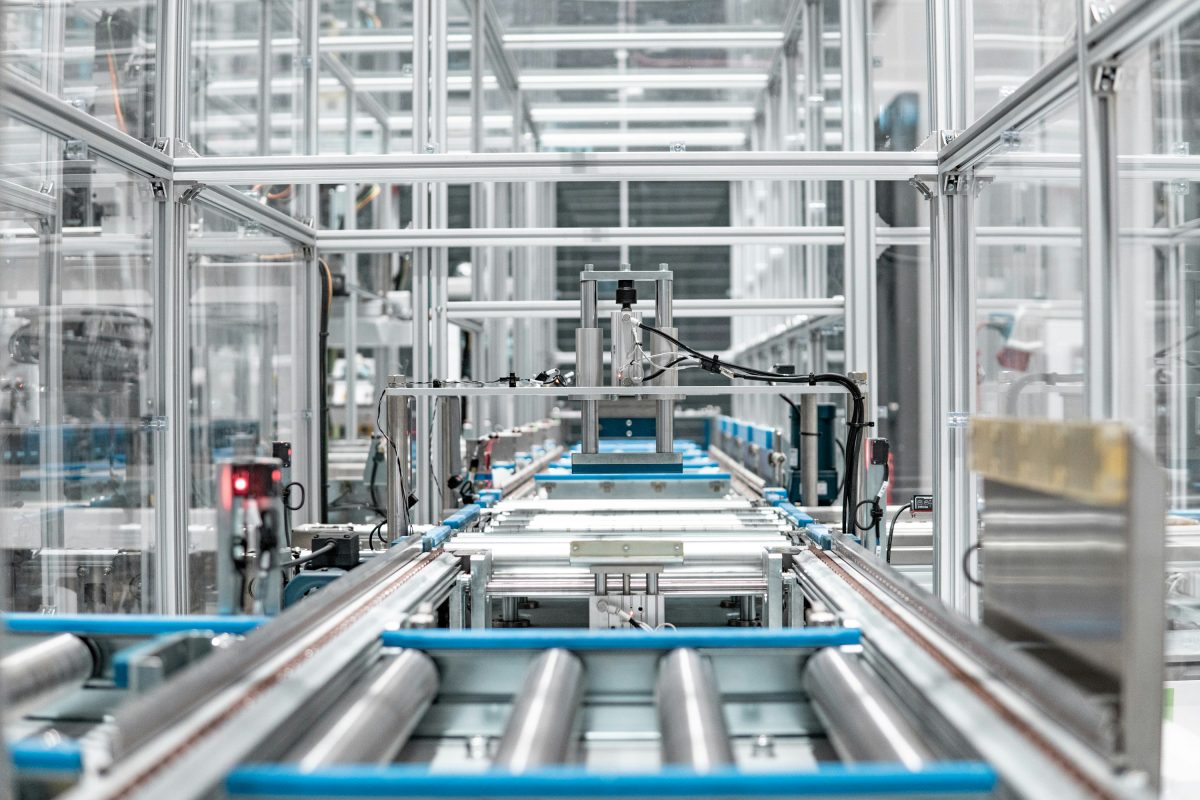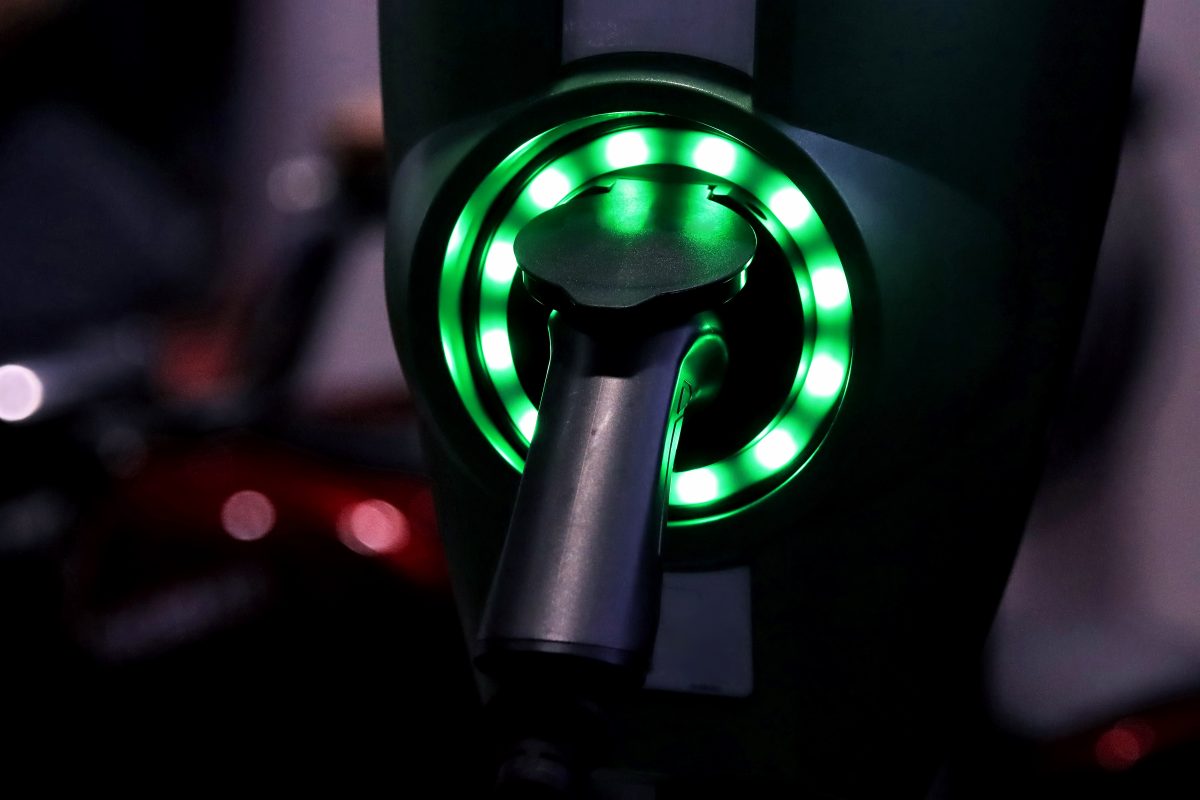
Jul 15, 2020
EBA250 summer update
We have faced unprecedent times with the COVID-19 pandemic striking. While it has a devastating humanitarian and health impact that needs to be taken care of as a priority, it also brings a massive economic challenge. Moving towards our strategic objective to build a strong, competitive, and sustainable European battery industry has thus never been so important.
Before taking a summer break, we would like to highlight some recent activities, observations and progress taking us closer to our objective while boosting Europe’s recovery.
A strong political impulse
Prior to the pandemic, batteries were already featured high on the European Commission’s agenda. In the Green Deal, the Commission not only stated that it will continue to implement the Strategic Action Plan on Batteries, it also laid out the plan for a revised legislation to support the growing market of electric vehicles with a battery value chain that is safe, circular and sustainable.
In addition, the recently launched Recovery Plan confirmed the battery industry and the European Battery Alliance (EBA) as a fundamental cornerstone in the green transition. Contributing to both economic growth, job creation and industrial resilience, the important role batteries play has been acknowledged with special financial support. Substantial subsidy programmes for electric vehicles and charging infrastruture will accelerate the demand for batteries.
Positive signs and market trends
Here again pre-COVID, we could see that the European battery industry was already gaining momentum. Whereas Asia is still the dominant player, Europe is now on the rise when it comes to battery production.
- A number of European sub-suppliers that traditionally produced in Asia are now building factories in Europe. We also seen increased investments from Asian players on the European continent.
- The EV market in Europe is no longer limited to early adopters. The sales of EV cars have greatly increased on an overall declining market.
- In addition to this market uptake, large car manufacturers made strategic decisions increasing the electrification of their portfolio.
- Several industrial projects have emerged, covering the entire value chain from lithium mining and processing to battery cells and recycling.
But beyond that, the latest trends clearly confirm that consumers’ preferences are shifting to EV. Whereas sales of traditional combustion cars have dramatically dropped since the crisis kicked in, those of EVs are yet close to estimated sales. And annual EV sales forecasts only predict a single digit decline in 2020.
All these signs provide a solid ground to further accelerate our initiative.
Keeping the communication and interaction going
The European battery industry must and will continue to evolve and grow despite the COVID-19 situation. Whereas this unprecedent crisis prevented us from gathering earlier this March, it has not stopped us from driving the initiative forward. In May, EIT InnoEnergy organised a high-level meeting chaired by Commission Vice-President Maroš Šefčovič to discuss the role the EBA in EU’s post corona green recovery. European Investment Bank Vice-President Andrew McDowell also participated. The CEOs of twelve companies representing the entire European battery value chain actively participated, sharing their action plans for accelerated contributions to the ambition, as well as the challenges to overcome.
The same month we launched our EBA250 Virtual Meetups open to the members of our network to get insights on latest development and important process impacting the development of the EBA.
Speeding up initiatives across the value chain
The Business Investment Platform was launched last September to accelerate transactions between investees and investors by enhancing the robustness of investment cases. In only a few months, we have reviewed eight projects and engaged in six of them. A large part of these are related to the mining industry.
Access to resources is indeed key for Europe’s ambition to build a sustainable battery industry while at that same time delivering the Green Deal’s objectives. Although electric vehicles have a lower environmental impact than fossil fuel, we must ensure that batteries are produced with as little environmental impact as possible and under strict environmental protection regulations. We are therefore eager to see how the revised regulatory framework on batteries scheduled for October 2020 will allow the European battery industry to continue growing.
Despite the challenging period we went through, we have been able to deliver upon expectations. And with the clear boost that a strong domestic battery industry can provide to Europe’s recovery, we are now more than ever determined to further accelerate our efforts. We hope to hold our next EBA250 stakeholders’ meeting in the autumn, pending on the evolution of the COVID-19 situation. Until then, we wish you a nice summer. Recharge your batteries and come back with even more energy to further advance the building of the European battery industry. Stay safe, stay healthy.
More EBA250 news
The European Battery Alliance (EBA) welcomes today’s announcement by Executive Vice-President Stéphane Séjourné on…
Vulcan Energy has reached a major milestone with the Final Investment Decision (FID) for…
Today, a joint High-Level Ministerial Meeting of the European Battery Alliance (EBA) and the…
We are pleased to announce that today we have signed a Memorandum of Understanding…
The European battery sector does not need a new strategy – it needs a…
U.S.-based battery innovator Lyten has signed binding agreements to acquire all of Northvolt’s remaining…
The European Battery Alliance (EBA) welcomes the European Commission’s swift decision to award €852…
Last week, the European Commission published the Clean Industrial Deal State Aid Framework (CISAF),…
We are pleased to welcome Emma Nehrenheim as new Managing Director of the European…
As Europe’s battery cell manufacturers face increasing competitive pressure, EBA250 remains actively engaged in…

